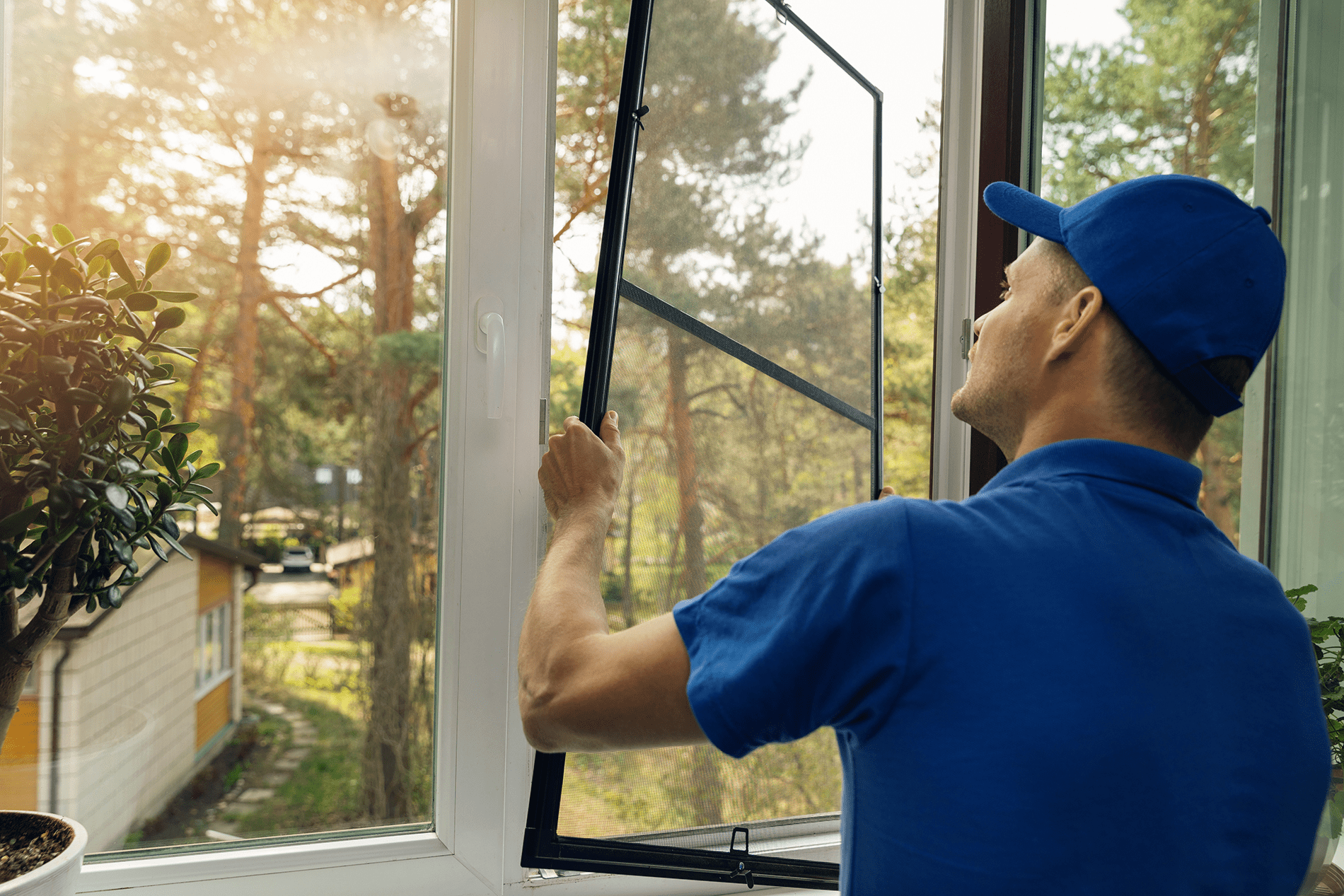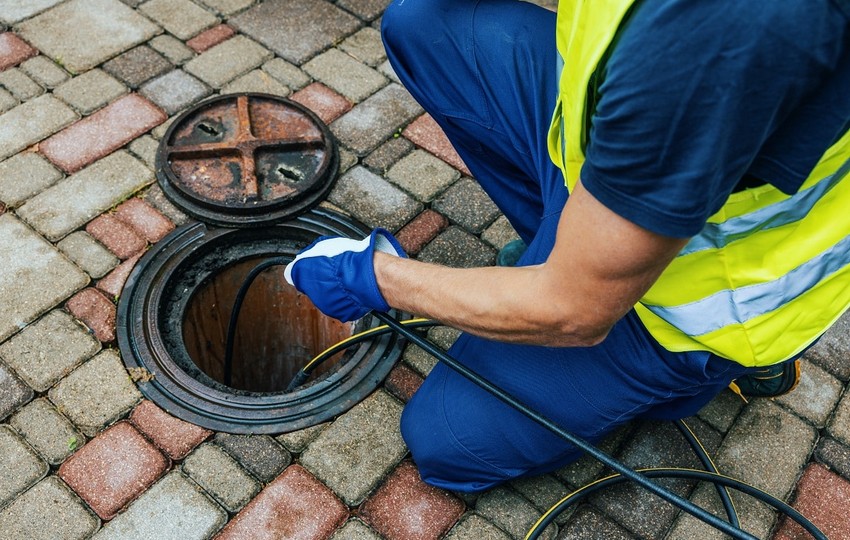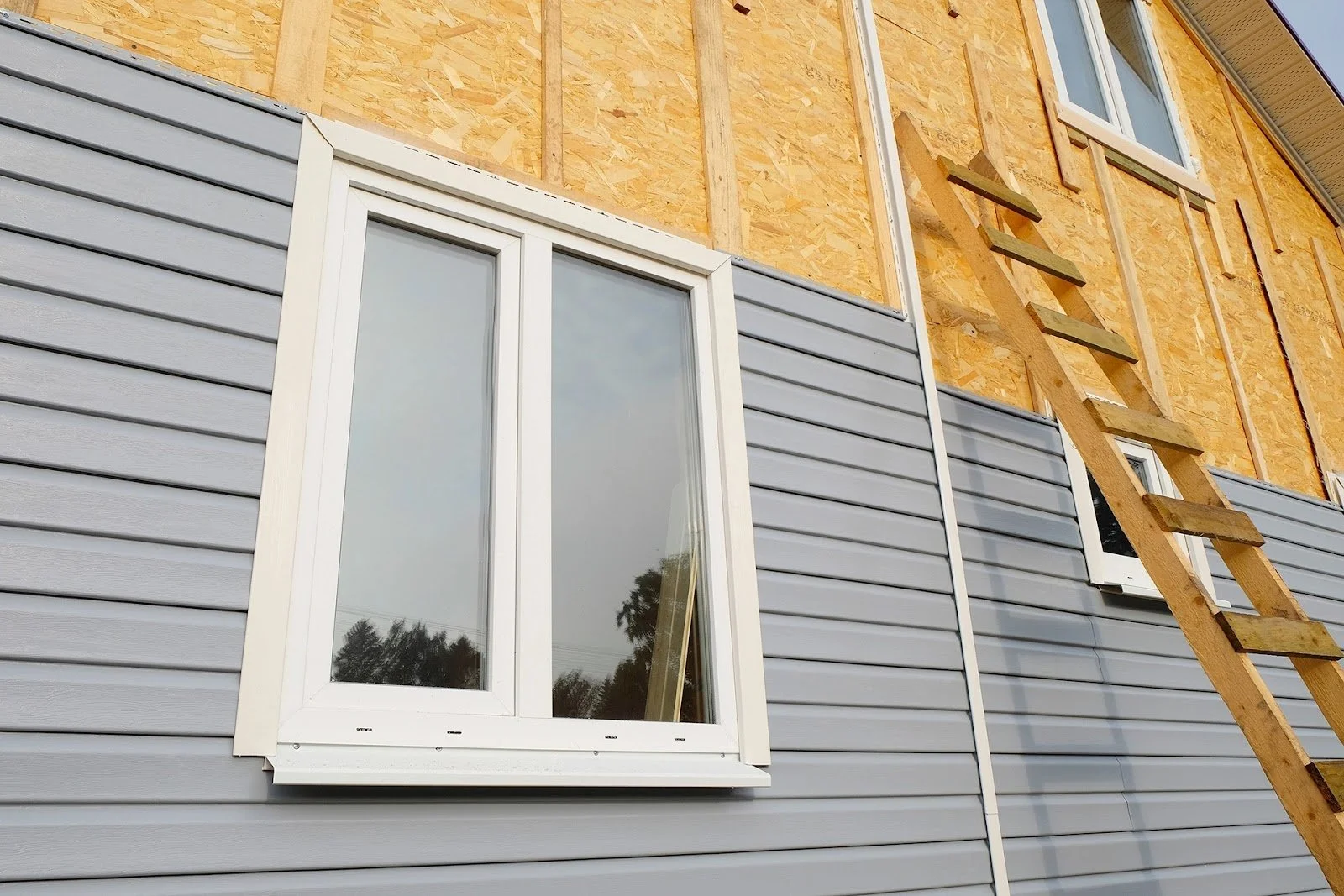
We can attest to the importance of window screens in keeping pests away and allowing fresh air to enter. However, several things can cause them to deteriorate with time. With the help of the ultimate guide to window screen replacement in Los Angeles, you can replace your window screens and keep your house bug-free and pleasant.
Some of the factors to consider when replacing window screens include the following;
- Identifying the Causes of Damage
Weather, pets, kids, and bugs can all harm window screens. Determining whether a repair or a complete replacement is required can be aided by early detection of these issues.
- Weather Factors
Severe weather conditions, such as intense rain, high winds, or prolonged sun exposure, might cause your screens to deteriorate. It is essential to conduct routine inspections following weather events.
- Impact on Children and Dogs
Children’s and dogs’ inquisitiveness can cause screen tears and holes. If your children or pets can access your screens, it’s critical to use sturdy materials.
- Fighting Pests
Insects enter through tiny gaps in screens. Replacing it on time keeps your house insect-free.
The Complete Guide to Window Screen Replacement: Equipment and Proper Materials
The procedure of replacing a screen can be made easier with the correct tools. A utility knife, spline, measuring tape, and a screen rolling tool are needed. Each screen material has advantages and disadvantages, ranging from metal to fiberglass. Your decision is based on your particular requirements, such as visibility or durability.
A Comprehensive Guide to Window Screen Replacement
Cutting and Measuring: Prior to cutting the screen material, take precise measurements of your window frame. This guarantees an ideal fit.
Taking down the previous screen: The damaged screen and spline should be carefully removed from the frame. Before the replacement screen is installed, this is a perfect chance to clean the frame.
Setting up the new screen: Using the rolling tool and spline, secure the new screen in place after placing it over the frame. Using a utility knife, trim off any extra material.
Getting a snug fit: A screen that fits well should be taught and wave- or wrinkle-free. This works more efficiently in addition to looking nicer.
Frequent Cleaning: Maintaining the cleanliness of your screens prolongs their lifespan and preserves their visibility. Usually, a gentle wash with soap and water is enough.
Frequent Inspections: You can keep minor problems from growing into larger ones by checking for tears, holes, or loose edges on a regular basis.
Although replacement can be done on your own, difficult or large-scale jobs, or if you’re not familiar with the process, may require professional assistance. Experts provide knowledge, guaranteeing accurate and effective screen installation.
Conclusion
Window screens are essential to the use and comfort of your house. You can make sure your screens stay in excellent condition by being aware of the reasons behind deterioration, selecting the appropriate materials, and replacing them according to the instructions. Keep in mind that properly kept window screens enhance your home’s overall appearance and value in addition to keeping pests out.




